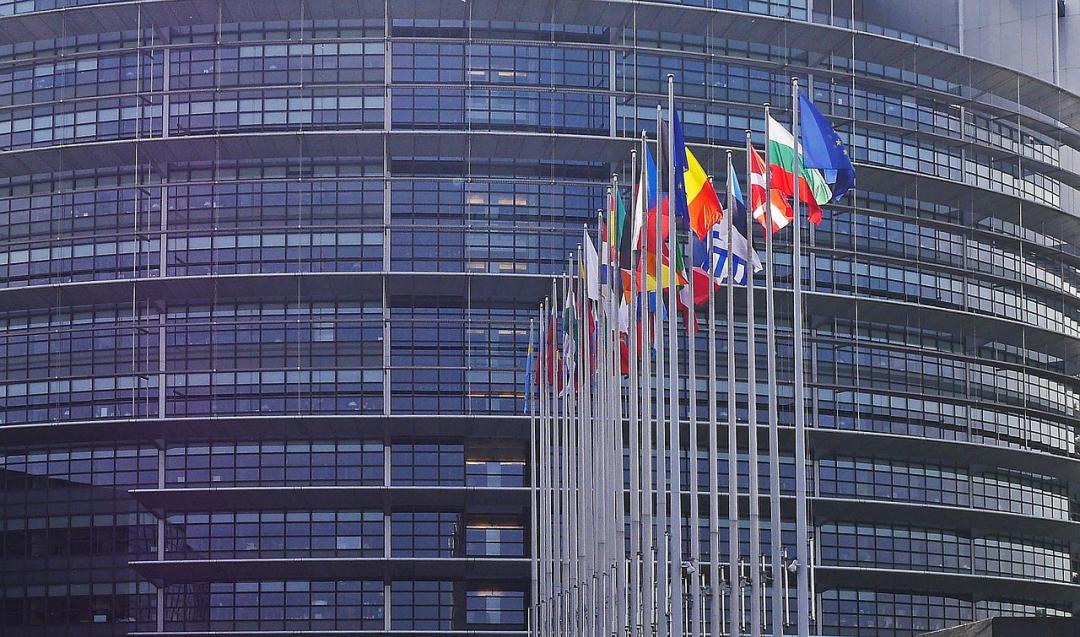
European Parliament Debates Georgia's Political Crisis, Urges Sanctions

The European Parliament held a debate on the situation in Georgia. MEPs criticized the recent decisions and actions of the Georgian Dream party and called on European institutions to take harsh countermeasures, including sanctions against Bidzina Ivanishvili. However, there were also voices supporting the Georgian authorities during the debate.
The European Commissioner for Home Affairs and Migration, Margus Bruner, opened the debate on the political situation in Georgia.
Noting the increase in violence by the authorities against protesters who have been defending the "democratic and European future" since November 28, he called on the Georgian authorities to take measures to reduce tensions, release those illegally detained, and bring those responsible to justice. In addition, the European Commissioner urged Georgian Dream to engage in dialogue with political forces and society and to call for new elections. He also condemned the legislative changes adopted at the end of last year, which limit the fundamental rights of citizens, undermine democratic development, and increase pressure on peaceful demonstrators, politicians, and journalists.
During the debate that followed the report, MEPs discussed the escalation of violence, including the beating of former Prime Minister Giorgi Gakharia, attacks on journalists, and the arrest of Batumelebi founder Mzia Amaglobeli. According to Tobias Krämer of the center-left Socialists and Democrats, the escalation of violence shows the government's panic, as it underestimated the strength of the Georgian people's European aspirations.
Reinier van Lanschot of the Greens/European Free Alliance called for immediate sanctions against the government, which he accused of using "systematic and unmotivated violence against Georgian citizens."
Rasa Jukneviciene of the largest group, the center-right People's Party, stated that the Georgian Dream and the self-proclaimed one-party parliament do not constitute a legitimate government.
Pro-Russian and Eurosceptic MPs, on the contrary, expressed support for the Georgian Dream, claiming that the EU is interfering with the will of the Georgian people.
According to Marine Le Pen's party member Thierry Mariani, it is "the European Union that is generating chaos in a free Georgia," adding that "Georgia will not become a colony of Brussels." A similar message was delivered by Thomas Fröhlich, representing the far-right Alternative for Germany (AfD) party, who accused the EU of supporting a coup in Tbilisi and claimed his colleagues were orchestrating a "Euromaidan scenario."
The reaction in Tbilisi to the debates was predictable. The authorities criticized the position of the European Parliament, while the opposition noted that interest in Georgia remains strong. According to Levan Makhashvili, Chairman of the Parliamentary Commission on European Integration, despite the "good and positive messages," the tone of the debates was set by speakers with "false accusations and disinformation."
"Look at many international indices and see where Georgia stands in terms of democracy, human rights, and the rule of law. In the European Commission's October report, you can see where Georgia stands in each area of the integration path with the European Union. Unfortunately, in the debates of the European Parliament, we sometimes see an imaginary Georgia and the real Georgia is different. We approach this process with a long-term strategy and vision. We truly want relations with the European Union, including the European Parliament, to proceed on a normal course."
See Also


Simonyan: “Armenia Should Trade with Turkey and Azerbaijan Instead of Closing Borders”

Mirzoyan Meets US Deputy Assistant Secretary Joshua Huck

Azerbaijani President Holds Talks with UAE and German Business Delegations on Economic Cooperation

Grigoryan Confirms Armenia’s Readiness to Dissolve OSCE Minsk Group Upon Peace Treaty Signing

